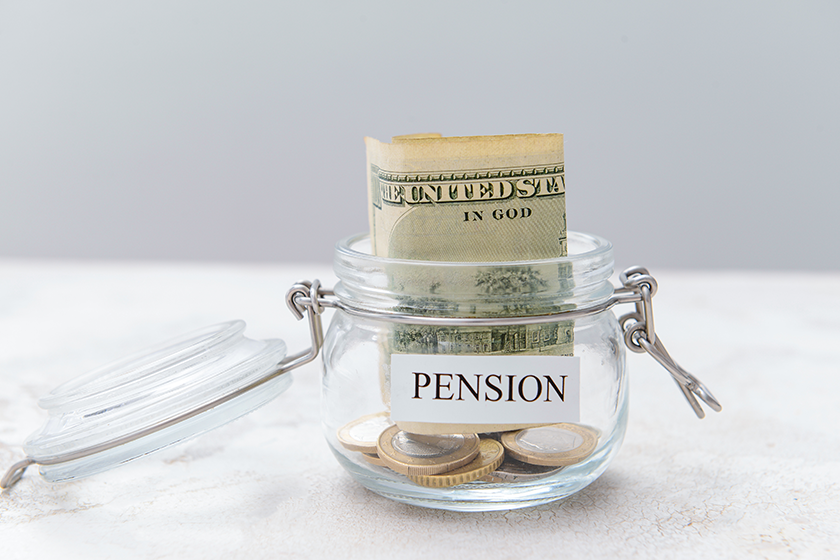One of the most pressing questions for anyone approaching retirement is “how much money do I need in retirement?” The answer is not straightforward as it depends on various personal factors including lifestyle, health and financial obligations. Planning your retirement requires a deep analysis of your current financial situation, your future needs, and the kind of life you envision in your later years.
Estimating Your Retirement Expenses
- Basic Living Expenses
Begin by calculating your current expenses; this will form the baseline of your retirement budget. Essential costs like housing, utilities, groceries and transportation often remain, albeit slightly adjusted for the retirement lifestyle. Do not forget to account for inflation, which can significantly alter how far your money stretches over time.
- Healthcare Costs
Healthcare is often one of the largest expenses in retirement. As you age, you may require more medical attention, and healthcare costs can rise significantly. Consider premiums for Medicare, supplemental insurance, out-of-pocket expenses and potential long-term care needs.
- Leisure and Lifestyle
Think about how you want to spend your retirement. Whether you love to travel, pick up new hobbies or indulging in fine dining, plan for these costs. Activities that bring you joy are essential for a fulfilling retirement but need to be planned financially.
Sources of Retirement Income
- Social Security Benefits
Social Security is a fundamental part of retirement planning for most people. Understand how much you can expect to receive based on your work history and at what age you plan to start taking benefits. Delaying benefits can increase your monthly payouts.
- Retirement Accounts
If you have retirement accounts like a 401(k) or an IRA, assess how much you can safely withdraw each year without exhausting your funds. The commonly used 4% rule states that you can withdraw 4% of your retirement portfolio annually, adjusted for inflation, without running out of money.
- Other Income Streams
Consider any other income sources you may have, such as pensions, annuities or rental properties. These can provide a steady income stream and reduce the amount you need to draw down from savings.
Reducing Costs in Retirement
- Downsizing
Many retirees find that moving to a smaller home or a less expensive area can significantly reduce their living costs. Consider the benefits of lower taxes, insurance, and maintenance costs.
- Tax Planning
Efficient tax planning can help you keep more of your retirement income. Understand how your investments and withdrawals will be taxed and plan accordingly to minimize liabilities.
- Healthcare Strategies
Investing in a good Medicare plan and considering supplemental insurance can save money in the long run by covering gaps in Medicare coverage. Also, maintain a healthy lifestyle to potentially reduce medical costs.
The Role of Retirement Communities in Financial Planning
Choosing to live in a retirement community can significantly simplify your financial planning for retirement. These communities typically bundle housing, utilities, meals and recreational activities for retirees into one predictable monthly fee, reducing the uncertainty of fluctuating bills and unexpected expenses. Additionally, amenities such as on-site healthcare and transportation services can decrease the need for costly external resources, allowing for a more streamlined budget. Living in our retirement community means having access to these activities and amenities that might otherwise involve additional costs.
This makes it easier to enjoy a vibrant, fulfilling lifestyle without worrying about the financial implications of each component. Incorporating the cost and benefits of a retirement community into your financial planning can help ensure a comfortable, carefree, and financially stable retirement, allowing you to fully enjoy your golden years with peace of mind.



